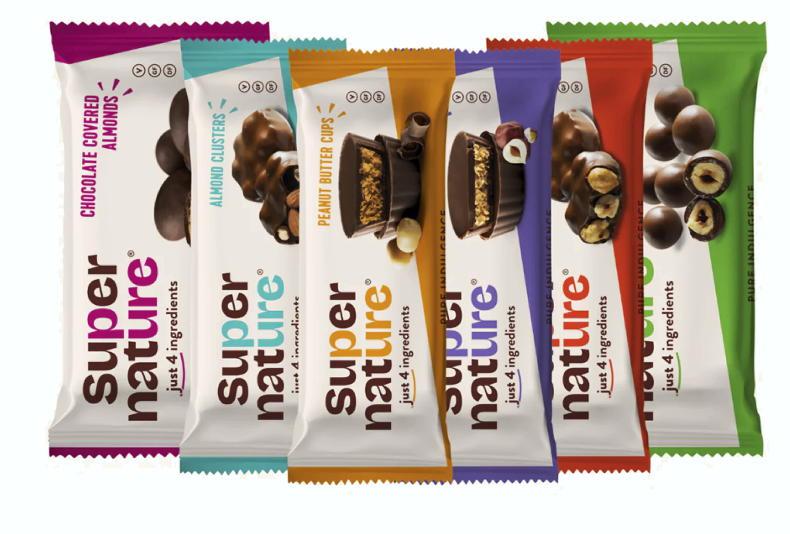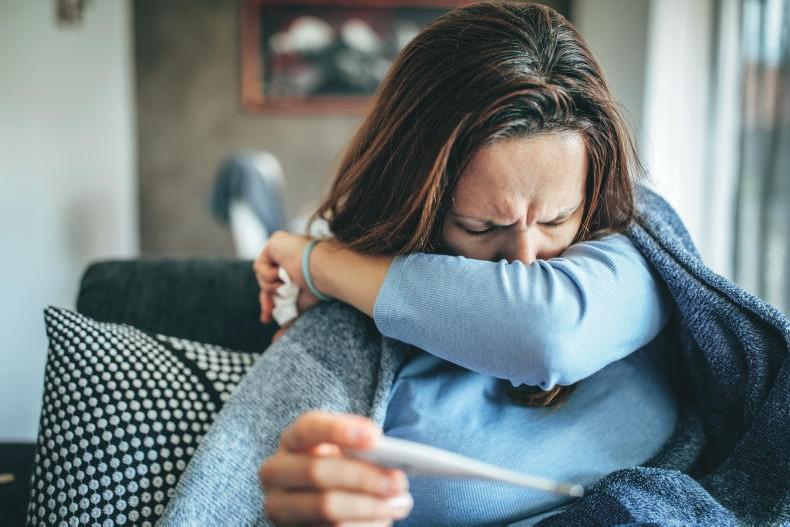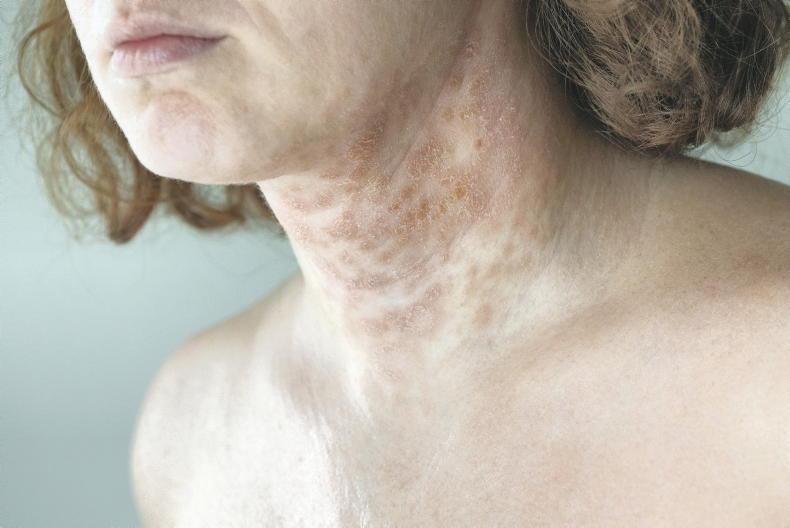Meningitis cases on the increase
The HSE has issued public health advice following investigation of several cases of meningococcal meningitis/septicaemia, some of which have been fatal.
Meningitis is a serious illness involving inflammation of the membranes covering the brain and spinal cord. It can be caused by bacteria or viruses but bacterial meningitis is more serious and requires urgent treatment with antibiotics. Meningitis and septicaemia often happen together. The spread of the bacteria is caused by droplets from the nose and mouth.
Signs and symptoms
Early symptoms can include:
FeverHeadacheNeck stiffnessVomitingDrowsinessDiscomfort from bright lightDiarrhoeaMuscle painStomach crampsFever with cold hands and feetA pinprick-type rash (do not wait for a rash to appear. If someone is ill and getting worse get medical help immediately). Vaccinations
All children are offered a MenB vaccine at two-months and four-months of age, with a booster dose given at 12 months because children under one year are at the highest risk of meningococcal B disease.
New product
Mother and daughter Noele and Laura McEvoy are making great strides with their snacks for people with allergies. The snacks are gluten-free, dairy-free and contain no processed sugar. Super Nature is a range of organic vegan-friendly chocolate snacks that are now available nationwide.

This award-winning brand had humble beginnings at the kitchen table of Noele McEvoy where she challenged herself to create simple snacks for her daughter who had been told to give up all processed sugar, wheat and dairy as a treatment for her eczema. To see the full range visit www.supernature.com
CIDES linked to Parkinson's Disease
A research team at UCC is seeking volunteers from the farming community in Ireland as part of its study into a potential link between the use of pesticides and Parkinson’s Disease. To take part in this research click on https://redcap.link/h9vsondd to participate in the online survey.
Rural dwellers may be exposed to pesticides through the air or water. International research has shown that individuals who have prolonged exposure to pesticides have a 70% higher rate of developing Parkinson’s. There is no data related to Ireland as of yet.
Date for your diary
The fighting blindness retina conference will take place in Dublin on 5 November at the Radisson Blu Hotel, Golden Lane, Dublin 2. With latest figures showing there are approximately 272,000 people in Ireland living with blindness or vision impairment, this event will be of huge interest to many people and there is the option for both in-person attendance and online. Registration for the conference is open atwww.fightingblindness.ie
Top tips to ease those seasonal blues this winter
Winter can be a tricky time to navigate, mentally, with its dark, short days and bad weather and often heavy workload in the lead up to Christmas.\The lack of light can hinder our brain’s production of serotonin (the chemical responsible for balancing and improving mood), so what can we do to help ourselves?
Vhi health coach Dr Mou Sultana has a practical guide for getting your mood back on track:
Take stock: Get in tune with how winter affects your own mental health. Keeping a journal, where you record periods of low mood or difficulties you encounter at work, will help you get a clear view. From there, you can incorporate the necessary self-care or seek professional help if you can’t manage the situation yourself. Speak to your GP if you have concerns.Stick to a routine: To remain resilient during winter, put down concrete plans to ensure your needs are met. Look at your schedule:Can you make time to have lunch and get in your steps and sunlight? Adding a layer of organisation can help your stress levels. This might be as simple as prepping lunches and outfits the night before work. Get your diet right: Keeping your hydration up will help your energy levels, so drink plenty of water. The advice of getting five to seven portions of fruit and vegetables per day also holds true. You need vitamin C to protect your immune system and you can find it in broccoli, brussels sprouts, peppers and citrus fruit. Vitamin D is vital for bone, teeth and muscle health. You can get some in fish, mushrooms and egg yolks, but it’s called the “sunshine vitamin” for a reason.Any light will do:Even if it’s cloudy, sunlight is still getting through, so spend at least 30 minutes a day outside, regardless of the weather, to get that light exposure. SPF cream is still needed to fully protect your skin, even during winter months.Lightboxes have their place: Lightboxes or seasonal affective disorder (SAD) lamps, produce a very bright, white light which mimics the effect of natural sunlight. They’re an effective therapy for easing the symptoms of SAD but should really only be considered in certain circumstances. For most of us, getting natural light remains the priority. Get active: Do at least 30 minutes of aerobic exercise, five days a week. A brisk walk will suffice – this is where having a dog can be a real benefit. As well as protecting your cardiovascular health, walking releases endorphins, which help you relax and improve your mood.\Get social while you sweat: If outdoor exercise seems off-putting, group activities can really incentivise lunch hour walks or runs, as they also present an opportunity to catch up and have a laugh. Winter can be an isolating time, so stay connected.Winter vaccination programme underway
The HSE winter vaccination programme has started and older people and at-risk groups are urged to protect themselves against both flu and COVID-19 by getting their vaccines.
Dr Aparna Keegan, specialist in public health medicine, HSE National Immunisation Office, said: “It is very important that all those who are invited to get both their free flu vaccine and COVID-19 booster vaccines. Flu and COVID-19 are caused by different viruses and therefore require two different vaccines. These will be available from participating GPs and pharmacies and can be given at the same time.”
COVID-19 primary and booster vaccines for people aged 12 or over are also available. The HSE is also reminding anyone who has not received their primary vaccine or their booster doses, or who has had COVID-19 and has had to wait four months for their booster to book an appointment as soon as possible.
Nasal vaccine
From 17 October, the children’s flu nasal spray vaccine will also be available free for all children aged two to 17 years.
For children aged five to 11 who have not had their primary COVID-19 vaccination, and for those with a weak immune system and due a booster dose, appointments are available at HSE vaccination centres by booking online at www.hse.ie.
To see what vaccines are recommended for you, visit www.hse.ie/covid19vaccine and hse.ie/flu, call HSELive on 1800 700 700 or talk to a participating GP or pharmacy.
Note: If your low mood goes beyond feeling “out of sorts” and you’re worried that you are dealing with SAD, discuss it with your GP.
Budget 2023 health changes
1 January 2023: VAT reduced to zero for:
DefibrillatorsPeriod productsHormone replacement therapy (HRT) and nicotine replacement therapy medicines that are not currently zero-rated (such as patches and gels)1 April 2023:
GP Visit Card extended to people who earn the median household income of €46,000 or less
All inpatient public hospital charges will be abolished from April 2023. This amounts to a saving of up to €800 per person per year and will be of particular benefit to people who are in hospital more frequently and do not hold a medical card. (The current charge is €80 per night capped at €800 in a year.)
1 September 2023:
IVF treatment will be publicly funded on a phased basis
1 September 2023:
Free contraception will be available to women between the ages of 16-30
Read more
Eddie's new lease of life after kidney transplant
Rural GP shortage: avoiding the abyss
Meningitis cases on the increase
The HSE has issued public health advice following investigation of several cases of meningococcal meningitis/septicaemia, some of which have been fatal.
Meningitis is a serious illness involving inflammation of the membranes covering the brain and spinal cord. It can be caused by bacteria or viruses but bacterial meningitis is more serious and requires urgent treatment with antibiotics. Meningitis and septicaemia often happen together. The spread of the bacteria is caused by droplets from the nose and mouth.
Signs and symptoms
Early symptoms can include:
FeverHeadacheNeck stiffnessVomitingDrowsinessDiscomfort from bright lightDiarrhoeaMuscle painStomach crampsFever with cold hands and feetA pinprick-type rash (do not wait for a rash to appear. If someone is ill and getting worse get medical help immediately). Vaccinations
All children are offered a MenB vaccine at two-months and four-months of age, with a booster dose given at 12 months because children under one year are at the highest risk of meningococcal B disease.
New product
Mother and daughter Noele and Laura McEvoy are making great strides with their snacks for people with allergies. The snacks are gluten-free, dairy-free and contain no processed sugar. Super Nature is a range of organic vegan-friendly chocolate snacks that are now available nationwide.

This award-winning brand had humble beginnings at the kitchen table of Noele McEvoy where she challenged herself to create simple snacks for her daughter who had been told to give up all processed sugar, wheat and dairy as a treatment for her eczema. To see the full range visit www.supernature.com
CIDES linked to Parkinson's Disease
A research team at UCC is seeking volunteers from the farming community in Ireland as part of its study into a potential link between the use of pesticides and Parkinson’s Disease. To take part in this research click on https://redcap.link/h9vsondd to participate in the online survey.
Rural dwellers may be exposed to pesticides through the air or water. International research has shown that individuals who have prolonged exposure to pesticides have a 70% higher rate of developing Parkinson’s. There is no data related to Ireland as of yet.
Date for your diary
The fighting blindness retina conference will take place in Dublin on 5 November at the Radisson Blu Hotel, Golden Lane, Dublin 2. With latest figures showing there are approximately 272,000 people in Ireland living with blindness or vision impairment, this event will be of huge interest to many people and there is the option for both in-person attendance and online. Registration for the conference is open atwww.fightingblindness.ie
Top tips to ease those seasonal blues this winter
Winter can be a tricky time to navigate, mentally, with its dark, short days and bad weather and often heavy workload in the lead up to Christmas.\The lack of light can hinder our brain’s production of serotonin (the chemical responsible for balancing and improving mood), so what can we do to help ourselves?
Vhi health coach Dr Mou Sultana has a practical guide for getting your mood back on track:
Take stock: Get in tune with how winter affects your own mental health. Keeping a journal, where you record periods of low mood or difficulties you encounter at work, will help you get a clear view. From there, you can incorporate the necessary self-care or seek professional help if you can’t manage the situation yourself. Speak to your GP if you have concerns.Stick to a routine: To remain resilient during winter, put down concrete plans to ensure your needs are met. Look at your schedule:Can you make time to have lunch and get in your steps and sunlight? Adding a layer of organisation can help your stress levels. This might be as simple as prepping lunches and outfits the night before work. Get your diet right: Keeping your hydration up will help your energy levels, so drink plenty of water. The advice of getting five to seven portions of fruit and vegetables per day also holds true. You need vitamin C to protect your immune system and you can find it in broccoli, brussels sprouts, peppers and citrus fruit. Vitamin D is vital for bone, teeth and muscle health. You can get some in fish, mushrooms and egg yolks, but it’s called the “sunshine vitamin” for a reason.Any light will do:Even if it’s cloudy, sunlight is still getting through, so spend at least 30 minutes a day outside, regardless of the weather, to get that light exposure. SPF cream is still needed to fully protect your skin, even during winter months.Lightboxes have their place: Lightboxes or seasonal affective disorder (SAD) lamps, produce a very bright, white light which mimics the effect of natural sunlight. They’re an effective therapy for easing the symptoms of SAD but should really only be considered in certain circumstances. For most of us, getting natural light remains the priority. Get active: Do at least 30 minutes of aerobic exercise, five days a week. A brisk walk will suffice – this is where having a dog can be a real benefit. As well as protecting your cardiovascular health, walking releases endorphins, which help you relax and improve your mood.\Get social while you sweat: If outdoor exercise seems off-putting, group activities can really incentivise lunch hour walks or runs, as they also present an opportunity to catch up and have a laugh. Winter can be an isolating time, so stay connected.Winter vaccination programme underway
The HSE winter vaccination programme has started and older people and at-risk groups are urged to protect themselves against both flu and COVID-19 by getting their vaccines.
Dr Aparna Keegan, specialist in public health medicine, HSE National Immunisation Office, said: “It is very important that all those who are invited to get both their free flu vaccine and COVID-19 booster vaccines. Flu and COVID-19 are caused by different viruses and therefore require two different vaccines. These will be available from participating GPs and pharmacies and can be given at the same time.”
COVID-19 primary and booster vaccines for people aged 12 or over are also available. The HSE is also reminding anyone who has not received their primary vaccine or their booster doses, or who has had COVID-19 and has had to wait four months for their booster to book an appointment as soon as possible.
Nasal vaccine
From 17 October, the children’s flu nasal spray vaccine will also be available free for all children aged two to 17 years.
For children aged five to 11 who have not had their primary COVID-19 vaccination, and for those with a weak immune system and due a booster dose, appointments are available at HSE vaccination centres by booking online at www.hse.ie.
To see what vaccines are recommended for you, visit www.hse.ie/covid19vaccine and hse.ie/flu, call HSELive on 1800 700 700 or talk to a participating GP or pharmacy.
Note: If your low mood goes beyond feeling “out of sorts” and you’re worried that you are dealing with SAD, discuss it with your GP.
Budget 2023 health changes
1 January 2023: VAT reduced to zero for:
DefibrillatorsPeriod productsHormone replacement therapy (HRT) and nicotine replacement therapy medicines that are not currently zero-rated (such as patches and gels)1 April 2023:
GP Visit Card extended to people who earn the median household income of €46,000 or less
All inpatient public hospital charges will be abolished from April 2023. This amounts to a saving of up to €800 per person per year and will be of particular benefit to people who are in hospital more frequently and do not hold a medical card. (The current charge is €80 per night capped at €800 in a year.)
1 September 2023:
IVF treatment will be publicly funded on a phased basis
1 September 2023:
Free contraception will be available to women between the ages of 16-30
Read more
Eddie's new lease of life after kidney transplant
Rural GP shortage: avoiding the abyss










SHARING OPTIONS